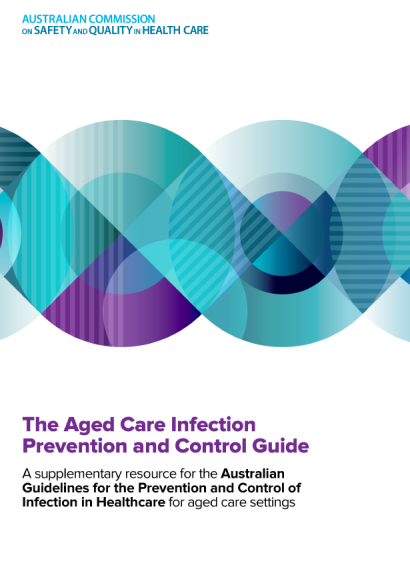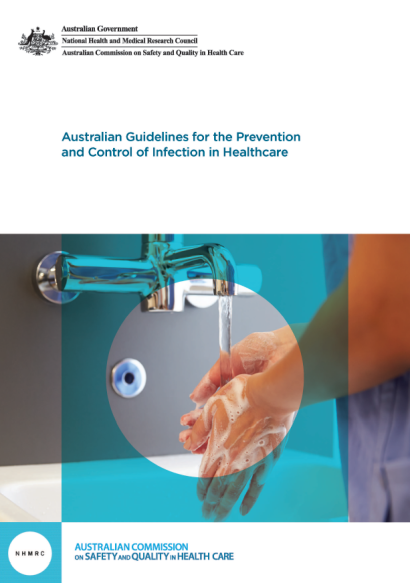Infection Prevention and Control Week
Infection Prevention and Control (IPC) Week is held during the third week of October each year to highlight the importance of preventing infections. The theme for IPC Week 2024 is ‘Move the needle on IPC by breaking the chain of infection!’.
Background
Infection Prevention and Control (IPC) Week aims to promote better infection prevention and control practices in health care and to recognise the efforts of all healthcare workers to reduce the risk of infection in health services.
Everyone has a role in the prevention and control of infections in health care. Simple actions, such as cleaning shared patient equipment between each use and hand hygiene, can make big difference.
IPC Week 2024 – 13 to 19 October
The Commission’s focus for IPC Week 2024 is ‘Move the needle on IPC by breaking the chain of infection!’. This theme aims to support healthcare workers to understand the chain of infection and their role in breaking the chain to stop the spread of infections. Use our resources below to prevent, control and respond to infections in your health service organisation.
Preventing infections before they occur
No matter what type of infection, there are six events that are needed for a microorganism to spread from one person to another. These six events are known as the ‘chain of infection’.
The chain of infection shows how each event is connected, from how microorganisms live and travel, to how an infection develops in a susceptible person.
The objective of infection prevention is to interrupt the chain of infection. It is the role of every health and aged care worker to know how and when to break the chain and stop the spread of infection.
This poster illustrates the chain of transmission of infection for acute respiratory infections and highlights how to interrupt the spread of infection.
Six events in the chain of infection
Protecting patients and the workforce
For the workforce
Any member of the workforce can become exposed to an infection in a number of ways, including through direct contact with an infectious person, as a result of a sharps injury and through eating or drinking in a clinical area. Preventing workforce infections should include the workforce screening and vaccination programs, safe systems of work that minimise the risk of spreading infections (including exclusion periods), occupational exposure management plans, IPC education and the provision of PPE.
For patients
Infection prevention should also focus on supporting patients to maintain and improve their physical and mental health, so that their immune system is better equipped to fight off infections if they occur. Preventive health strategies should focus on education and promotion of vaccination, good skin care, nutrition and hydration, oral care, falls prevention.
For the workforce
Any member of the workforce can become exposed to an infection in a number of ways, including through direct contact with an infectious person, as a result of a sharps injury and through eating or drinking in a clinical area. Preventing workforce infections should include the workforce screening and vaccination programs, safe systems of work that minimise the risk of spreading infections (including exclusion periods), occupational exposure management plans, IPC education and the provision of PPE.
For patients
Infection prevention should also focus on supporting patients to maintain and improve their physical and mental health, so that their immune system is better equipped to fight off infections if they occur. Preventive health strategies should focus on education and promotion of vaccination, good skin care, nutrition and hydration, oral care, falls prevention.
Educational resources
Join the conversation
Clinicians and organisations can share our resources through your local networks and social channels during IPC Week. Promoting IPC Week will raise awareness about the importance of infection prevention and control and improving patient safety.









